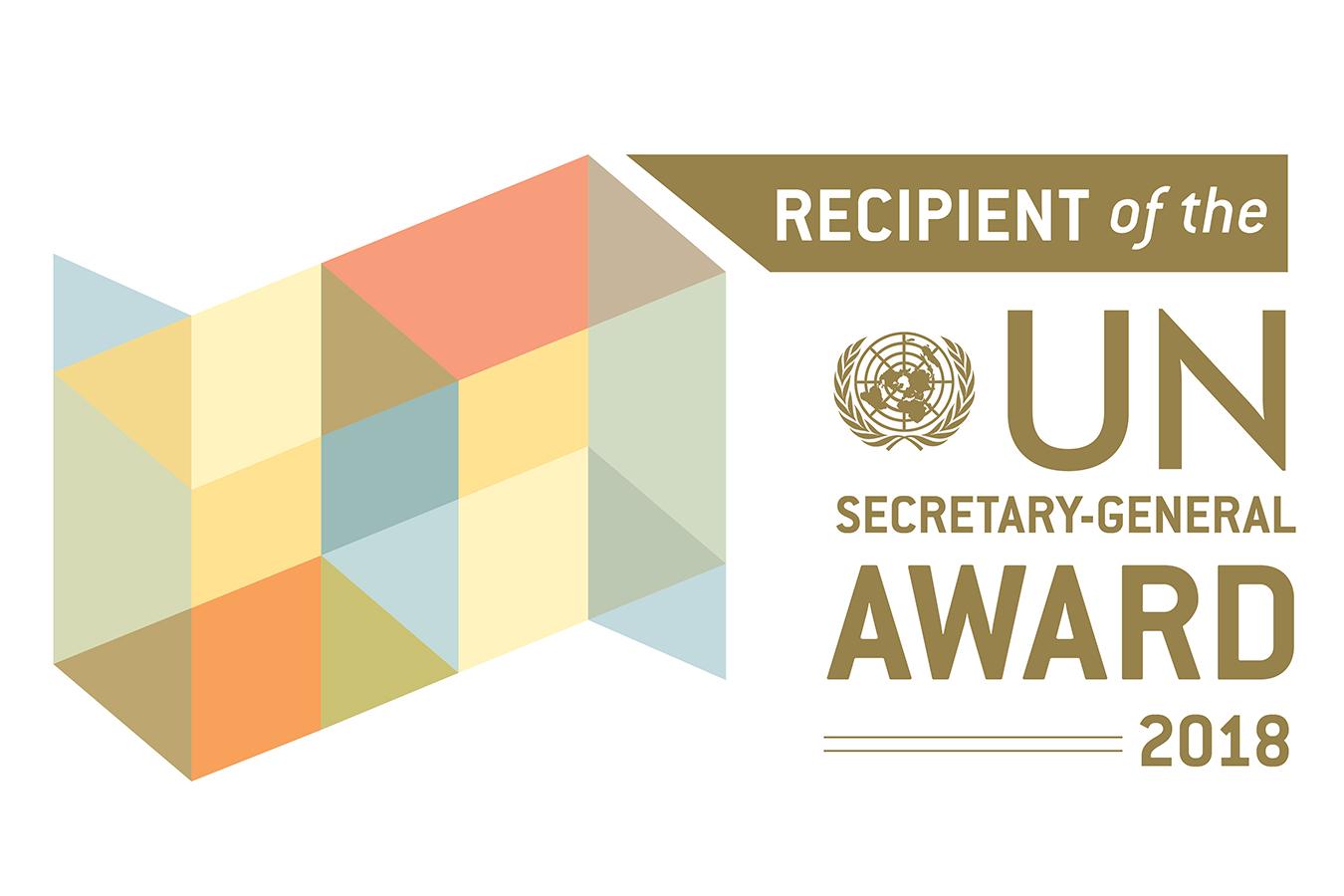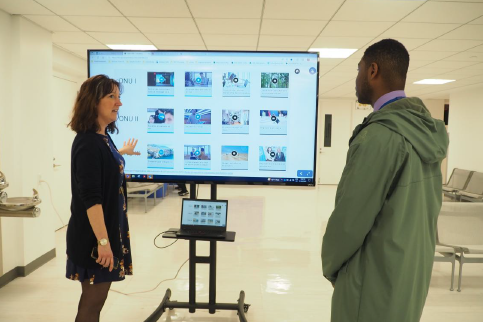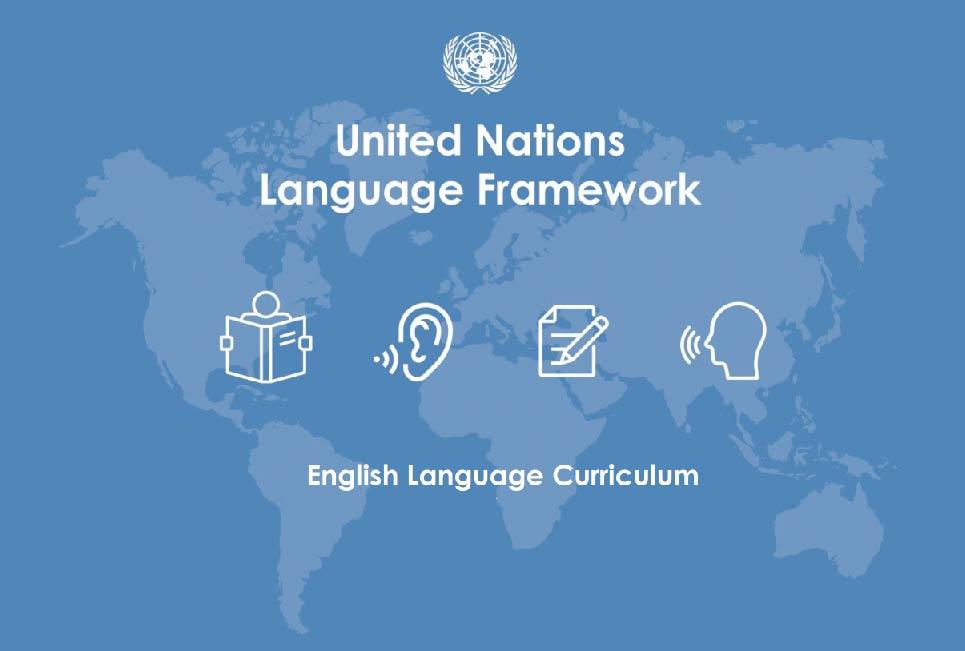For the first time in its history, the Organization has a distinctive, coherent and recognized reference for measuring linguistic capabilities across all official UN languages, irrespective of duty station.
With the vision of supporting multilingualism in the United Nations system, the Language Harmonization Project, recipient of the 2018 UN Secretary-General Award, aimed to harmonize language learning and assessment for the six official languages, and for other languages taught locally.
The project has been successful thanks to a close collaboration between the Language Training Programme (LTP) at the UN Office in Geneva (UNOG), the Language and Communications Training Unit (LCTU) at UN Headquarters and other language programmes in the Secretariat. It has also benefitted from contributions, support and feedback from many individuals of different departments, especially from the focal points of multilingualism.





